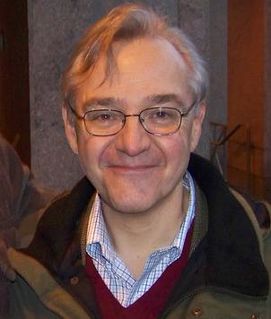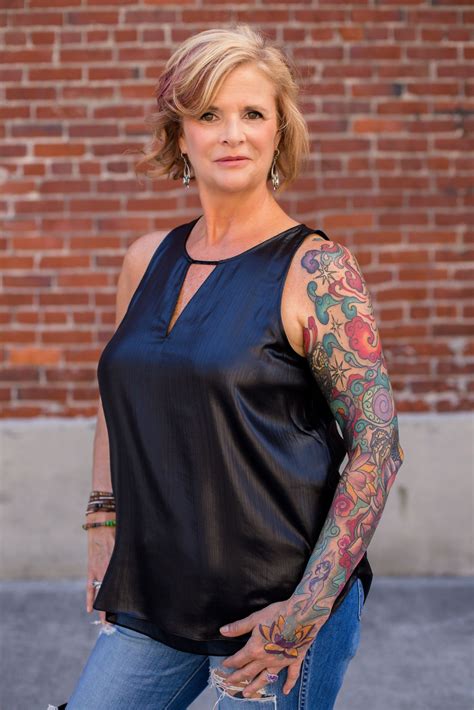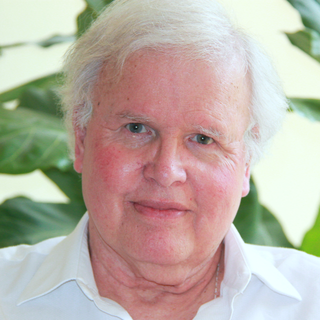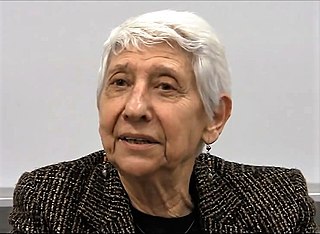A Quote by E. J. Dionne
The new culture war is about national identity rather than religion and 'transcendent authority.' It focuses on which groups the United States will formally admit to residence and citizenship. It asks the same question as the old culture war: 'Who are we?' But the earlier query was primarily about how we define ourselves morally. The new question is about how we define ourselves ethnically, racially and linguistically. It is, in truth, one of the oldest questions in our history, going back to our earliest immigration battles of the 1840s and 1850s.
Quote Topics
About
Admit
Asks
Authority
Back
Battles
Citizenship
Culture
Define
Earlier
Earliest
Going
Groups
History
How
Identity
Immigration
Morally
National
National Identity
New
Old
Old Culture
Oldest
Our
Ourselves
Primarily
Question
Questions
Rather
Religion
Residence
Same
States
Than
Transcendent
Truth
United
United States
War
Which
Will
Related Quotes
How do we define, how do we describe, how do we explain and/or understand ourselves? What sort of creatures do we take ourselves to be? What are we? Who are we? Why are we? How do we come to be what or who we are or take ourselves to be? How do we give an account of ourselves? How do we account for ourselves, our actions, interactions, transactions (praxis), our biologic processes? Our specific human existence?
I just saw a recent television program about art, and it was saying how from the end of the Second World War, so much of what our culture is comes from not just the United States in general, but New York in particular. In my case, I can't imagine my life without the extraordinary bebop jazz revolution in New York in late '40s and '50s.
The question of what we are can only be answered by ourselves. We each decide what we are by the life choices we make. How we were made, who are parents are, where we are from, the color of our skin, who we choose to love, all those things do not define us. Our actions define us, and will keep defining us until even after death.
We do the same thing in our own lives, embracing information that supports what we already prefer or vindicates choices we previously made.After all, it feels better to justify our opinions rather than challenge them, to contemplate only the pros and relegate the cons to the back of our minds. However, if we want to make the most of choice, we have to be willing to make ourselves uncomfortable. The question is, if we are willing, how exactly do we go about fortifying ourselves against these biases?
Women have to work much harder to make it in this world. It really pisses me off that women don't get the same opportunities as men do, or money for that matter. Because lets face it, money gives men the power to run the show. It gives men the power to define our values and to define what's sexy and what's feminine and that's bullshit. At the end of the day, it's not about equal rights, it's about how we think. We have to reshape our own perception of how we view ourselves.
Many people don’t realize the extent to which stories influence our behavior and even shape our culture. Think about how Bible stories teach the fundamentals of religion and rules of conduct. Think of the fables and parables that molded your values. Think of how stories about your national, cultural or family history have shaped your attitudes about yourself and others.
There are conversations going on about the Church constantly. Those conversations will continue whether or not we choose to participate in them. But we cannot stand on the sidelines while others, including our critics, attempt to define what our Church teaches... We are living in a world saturated with all kinds of voices. Perhaps now, more than ever, we have a major responsibility as Latter-day Saints to define ourselves, instead of letting others define us.
One of the questions asked in that study was, How many Vietnamese casualties would you estimate that there were during the Vietnam war? The average response on the part of Americans today is about 100,000. The official figure is about two million. The actual figure is probably three to four million. The people who conducted the study raised an appropriate question: What would we think about German political culture if, when you asked people today how many Jews died in the Holocaust, they estimated about 300,000? What would that tell us about German political culture?
We all have different desires and needs, but if we don't discover what we want from ourselves and what we stand for, we will live passively and unfulfilled. Sooner or later, we are all asked to compromise ourselves and the things we care about. We define ourselves by our actions. With each decision, we tell ourselves and the world who we are. Think about what you want out of this life, and recognize that there are many kinds of success.
Once a new social stage appears in a culture, it will spread its instructional codes and life-priority messages throughout that culture's surface-level expressions: religion, economic and political arrangements, psychological and anthro-pological theories, and views of human nature, our future destiny, globalization, and even architectural patterns and sports preferences. We all live in flow states; there is always new wine, always old wineskins. We, indeed, find ourselves pursuing a neverending quest.

































